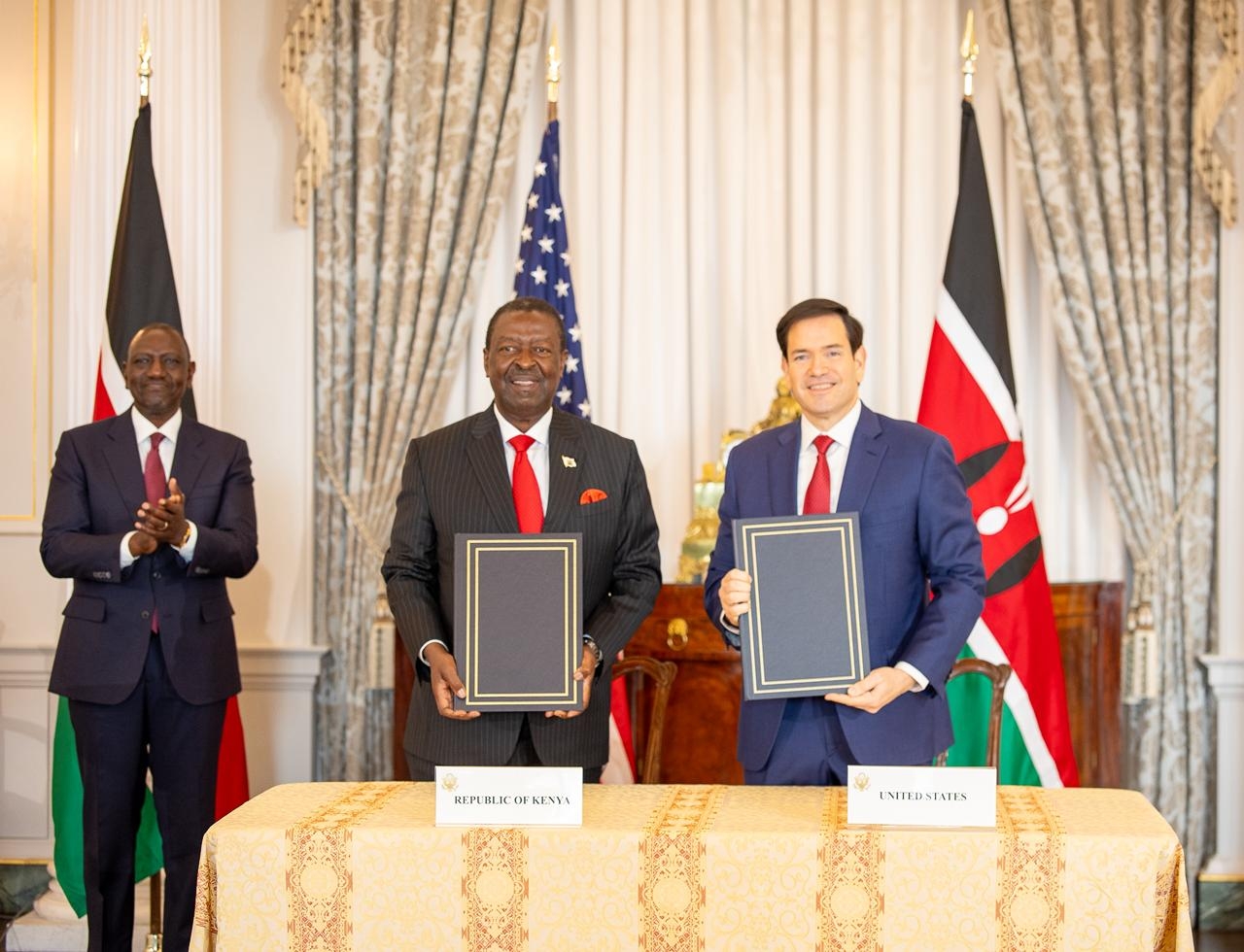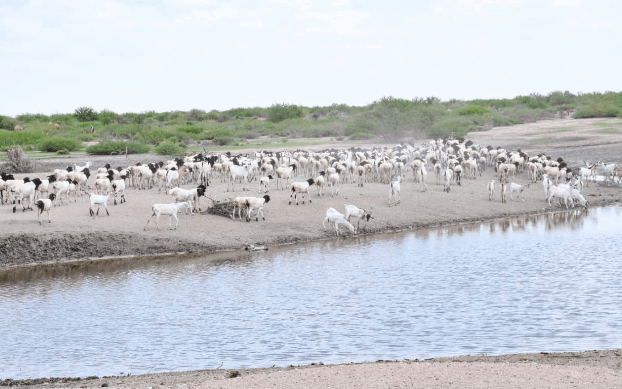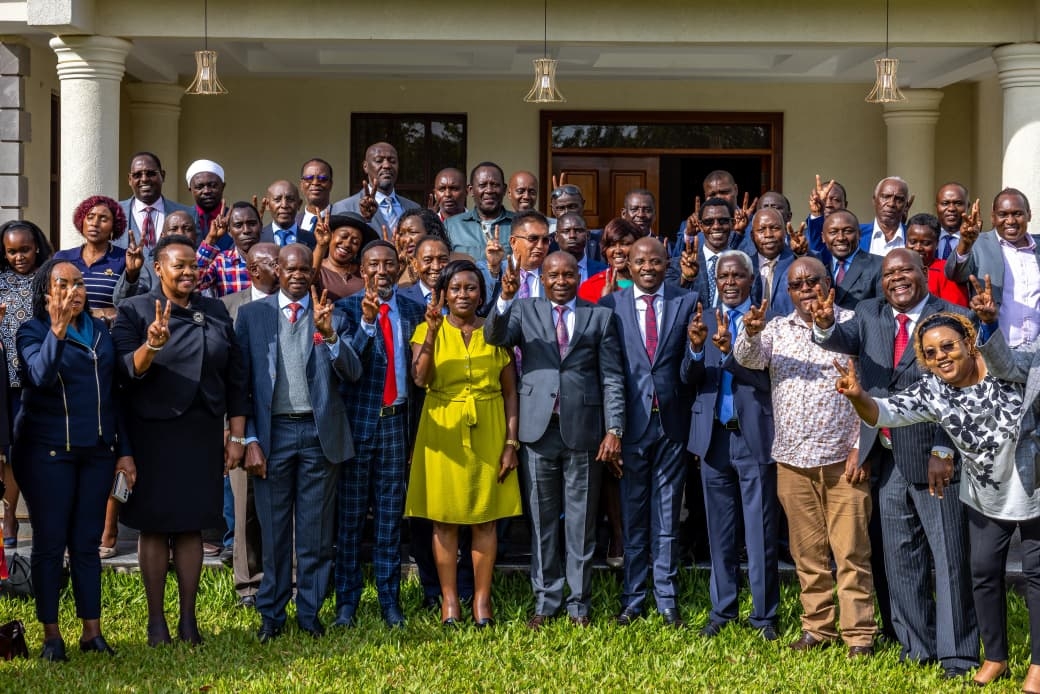Interest accrued for failing to pay millers contracted for the Sifted Maize Flour Subsidy Programme in 2022 stands at Sh355 million, a report shows.
A Special Audit Report of the Auditor General said failure by the government to pay 67 millers in time had attracted interest amounting to Sh355,055,101 as of October 31, 2023.
The National Treasury approved an amount of Sh4 billion under the programme in August 2022.
The report said a review of invoices revealed millers supplied subsidized maize flour valued at Sh5,124,869,649, out of which an amount of Sh2,498,828,880 had been paid, leaving a balance of Sh2,626,040,768 as pending bills.
“The contract stated that failure by the Government to remit the monies on time shall result in the miller having to raise an invoice for interest on the monies outstanding and at the government rate of interest, accruing from the first day of default,” the report noted.
The report said millers indicated that the objective of the sifted maize flour subsidy programme of mitigating the high cost of maize flour was not met.
The report further said millers indicated that there was no mechanism for ensuring that the maize flour was sold to the final consumers at the subsidised price.
The Public Accounts Committee of the National Assembly requested the Auditor-General through their letter Ref: NA/DAASC/PAC/2023/106 dated April 26, 2023, to undertake a special audit on all expenditure incurred under Article 223 of the Constitution for the financial year 2022/2023.
The letter indicated that the National Government spent a total of Sh130 billion in the financial year 2022/2023 on account of expenditures relating to fuel stabilisation, flour and fertiliser subsidies, provision for relief food, and enhanced security operations.
The special audit was also part of the implementation of structural benchmarks for the Kenya International Monetary Fund (IMF) Extended Credit Facility Programme which required the Auditor-General to undertake an audit on the supplementary budget expenditure for the last three years, including withdrawals under Article 223 of the Constitution.
To execute these requests, the Auditor-General expanded the scope of the special audit to cover 10 years, from 2013/2014 to 2022/2023 financial years.

















